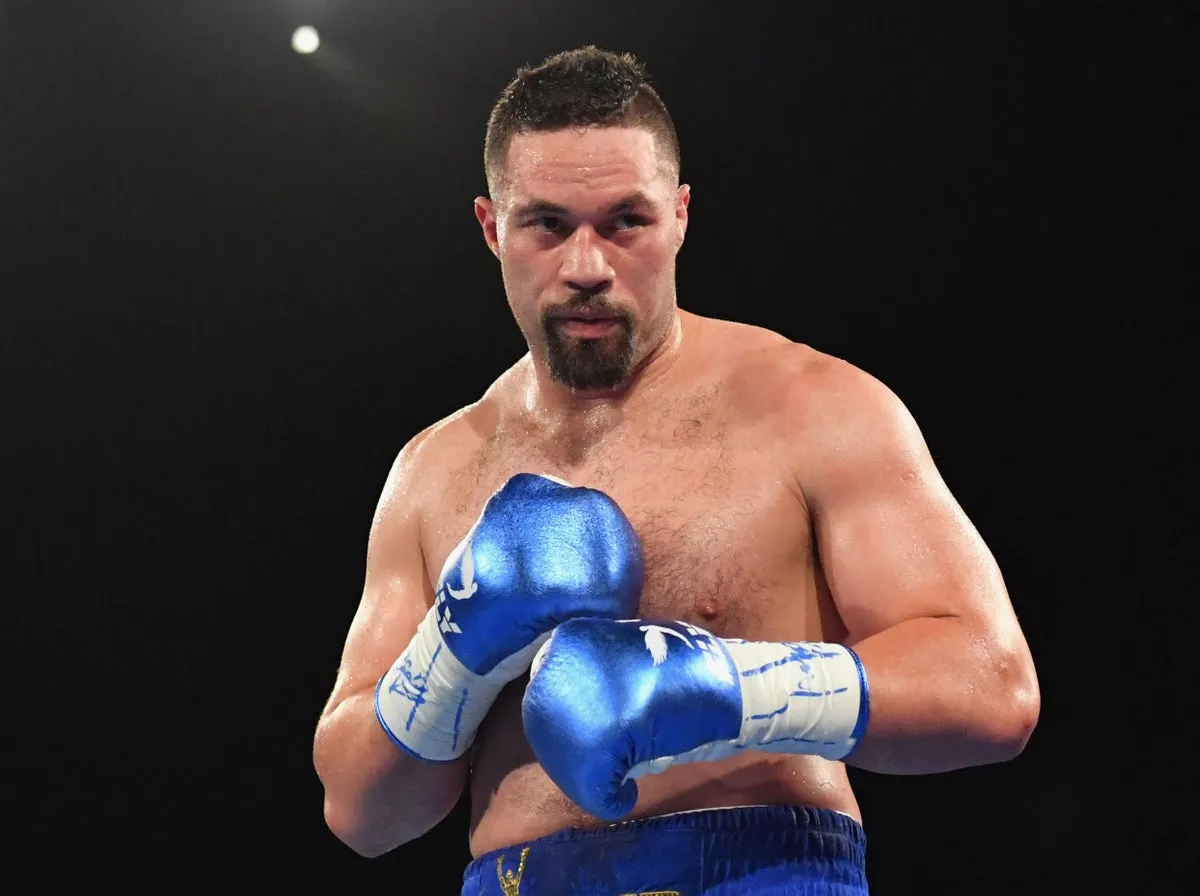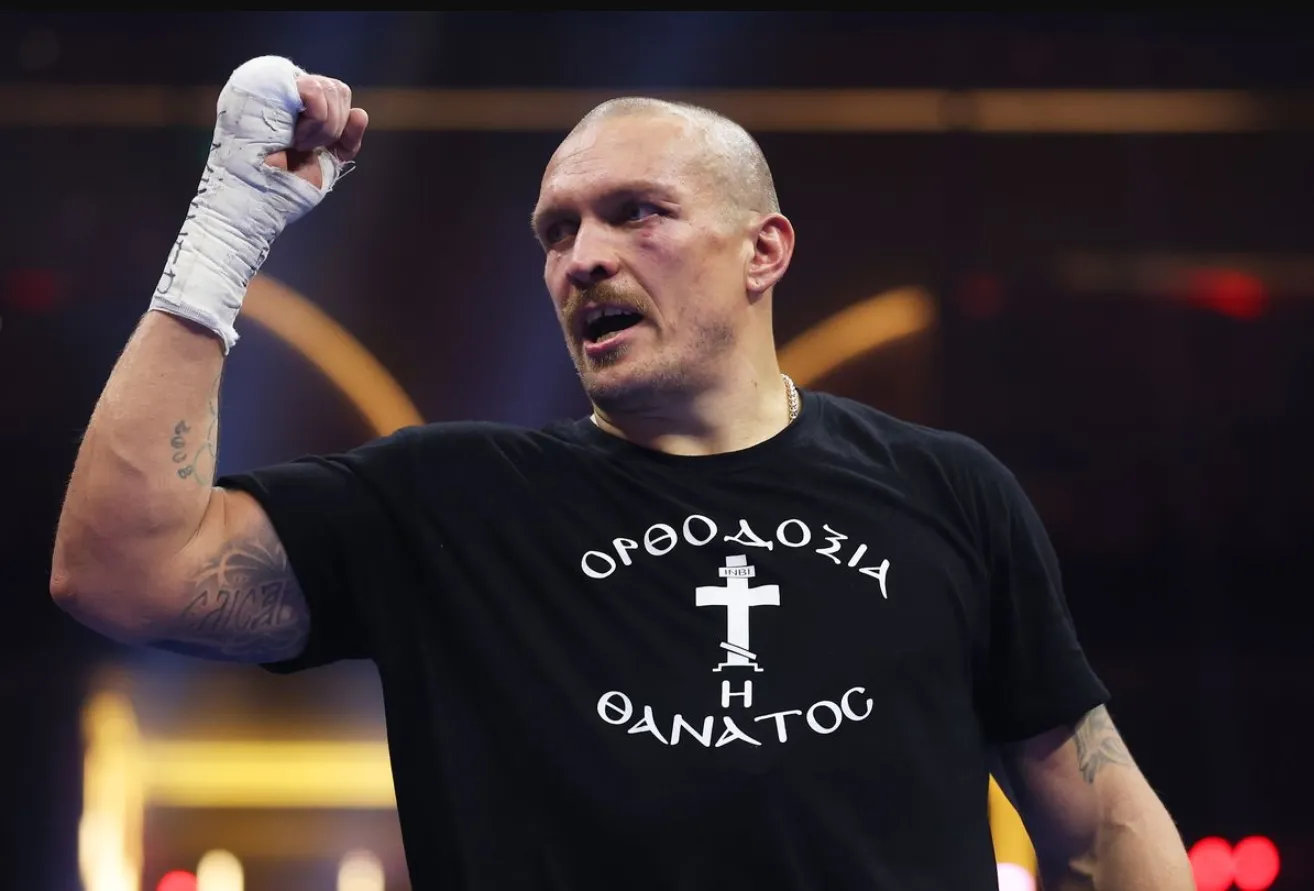

Joseph Parker’s side suspects Oleksandr Usyk “faked an injury”
Boxing fans are no strangers to controversy, and the latest speculation surrounding Oleksandr Usyk and his scheduled fight preparations has stirred heated debate in the boxing community. Recently, Joseph Parker’s camp suggested that Usyk may have “faked an injury” leading to scheduling disruptions. Such a claim brings with it layers of sporting rivalry, psychological tactics, and the constant pressures faced by fighters at the top of the heavyweight division.
This article explores the background of the situation, the motivations behind such claims, and what it could mean for the heavyweight landscape. While suspicions of injury manipulation are not new to combat sports, the involvement of elite fighters like Usyk and Parker raises the stakes and ignites discussion about the integrity of scheduling, promotion, and the mental warfare that often precedes a fight.
The Context: Usyk’s Dominance in the Heavyweight Division
To understand the weight of the accusation, one must first look at Oleksandr Usyk’s rise. The Ukrainian boxer, a former undisputed cruiserweight champion, transitioned to heavyweight and shocked the world by dethroning Anthony Joshua in 2021. Usyk’s technical skills, agility, and mental composure elevated him into the conversation as one of the greatest active pound-for-pound fighters.
Every appearance of Usyk in the ring is anticipated, not only for the spectacle but for the implications on the heavyweight titles. His schedule is tightly watched, and any injury claim has ripple effects across the boxing calendar. For fans and promoters alike, delays are costly—both financially and emotionally—so suspicions naturally emerge when injuries appear to disrupt momentum.

Joseph Parker’s Perspective
Joseph Parker, the former WBO heavyweight champion from New Zealand, remains a respected figure in the division. Known for his durability, solid chin, and determination, Parker has shared the ring with top names including Anthony Joshua, Dillian Whyte, and Joe Joyce. His experience gives credibility to the concerns voiced by his camp.
When Parker’s side suggested that Usyk might have “faked an injury,” the comment wasn’t made lightly. In the high-stakes world of heavyweight boxing, where contracts, sponsors, and broadcast rights hinge on scheduled fights, any delay is scrutinized. Parker’s representatives hinted that Usyk’s withdrawal or postponement might not stem from genuine health reasons but from strategic considerations—whether to buy more time, to unsettle opponents, or to align with more favorable circumstances.
Why Fighters Might Be Accused of Faking Injuries
The accusation that a fighter may exaggerate or fabricate an injury is not new in sports. In boxing, several factors often fuel such claims:
-
Psychological advantage: A sudden injury announcement can throw an opponent off-balance, forcing changes to training routines and sparring schedules.
-
Strategic timing: Fighters sometimes use injury delays to align fights with larger events, secure better pay-per-view slots, or give themselves more recovery time after grueling training camps.
-
Negotiation leverage: Postponements can also serve as leverage in contract talks, especially if a fighter seeks a higher purse or better promotional conditions.
In the case of Usyk, his stature as a unified heavyweight champion makes any injury announcement particularly significant. For Parker’s camp, the suggestion of faking is both a challenge to Usyk’s credibility and a reminder of how fragile the boxing calendar can be.
Injury Claims and Boxing History
History shows that suspicions about injuries are deeply ingrained in the sport. Legendary fighters like Muhammad Ali, Mike Tyson, and even more recently Tyson Fury, have all faced speculation about whether certain injuries or illnesses were exaggerated to protect their competitive edge.
For fighters at the highest level, protecting one’s legacy often intertwines with strategy outside the ring. A well-timed postponement can preserve a fighter’s career trajectory while frustrating rivals who are peaking at the wrong time. When Parker’s team raised the possibility of Usyk “faking it,” they were echoing a long-running narrative in boxing history—one where not every injury is accepted at face value.
The Psychological Game in Heavyweight Boxing
Boxing is as much about the mind as it is about the body. Elite fighters engage in subtle and not-so-subtle psychological battles long before the opening bell. Accusing an opponent of faking an injury serves multiple purposes:
-
Casting doubt on character: It paints the opponent as less honorable or less courageous, undermining their image.
-
Rallying public opinion: By suggesting dishonesty, Parker’s camp taps into the frustrations of fans who dislike canceled or delayed fights.
-
Creating pressure: Usyk, known for his calm demeanor, now faces an extra layer of scrutiny. Every future injury claim will be questioned more intensely, placing him under psychological pressure.
This form of mind game is almost expected at the top of the sport, where every advantage counts.
Oleksandr Usyk’s Reputation for Discipline
Despite the speculation, it’s worth remembering that Usyk’s career has been built on extraordinary discipline and professionalism. Unlike many heavyweights, his success stems from relentless training, precision footwork, and mental toughness rather than raw knockout power. Usyk has rarely shown signs of ducking challenges.
His victories over Anthony Joshua proved his willingness to fight on the biggest stages. Moreover, Usyk’s reputation among trainers and analysts remains that of a focused and committed athlete. For that reason, while Parker’s side may suspect him of faking, fans and experts are divided. Some dismiss the claim as typical pre-fight banter meant to stir headlines rather than a serious accusation.

The Business Side of Boxing
To fully understand why injury suspicions carry weight, one must look at the business dynamics of boxing. Promoters invest millions into organizing title fights, securing venues, and marketing events worldwide. A single postponement can disrupt not only the fighters but also networks, advertisers, and ticket sales.
For a fighter like Parker, delays also mean additional costs. Training camps are expensive, and peaking at the right time is essential. If an opponent delays, the fighter either prolongs camp—risking overtraining—or has to restart preparations later, which can be both mentally and physically exhausting.
From this perspective, Parker’s frustration is understandable. His camp’s suspicion about Usyk’s injury may reflect not only doubts about the injury itself but also resentment at the financial and athletic consequences of disrupted schedules.
What This Means for Fans and the Heavyweight Division
For fans, the back-and-forth between camps adds drama but also frustration. Supporters crave clarity and want to see champions like Usyk remain active. When injuries—real or perceived—stall momentum, it delays the matchups the world wants to see.
The heavyweight division is particularly stacked at the moment, with names like Tyson Fury, Deontay Wilder, Anthony Joshua, and Joseph Parker all seeking marquee fights. Each postponement reshuffles the order of potential clashes, affecting rankings and delaying unification prospects. If Usyk’s injury is genuine, fans may sympathize. If not, suspicion erodes trust in the scheduling process.
Looking Ahead
Regardless of whether Oleksandr Usyk’s injury was genuine or strategically timed, the speculation itself highlights the intense scrutiny surrounding boxing’s biggest stars. Joseph Parker’s camp may have voiced suspicion, but the real test will be Usyk’s performance when he does step back into the ring.
If Usyk returns sharp and dominant, claims of faking will fade into the background as mere psychological warfare. However, if his timing looks off or his conditioning appears compromised, critics may reawaken suspicions that the “injury” narrative was more about buying time than genuine health concerns.
Either way, the incident adds another layer of intrigue to the ongoing heavyweight saga. Fans will continue to debate, camps will continue to posture, and the sport will once again prove that the battle outside the ring can be nearly as compelling as the fight itself.
Final Thoughts
The accusation that Oleksandr Usyk faked an injury is a bold one, especially coming from the camp of a respected fighter like Joseph Parker. While history shows that such suspicions are not uncommon, they often serve as much as psychological weapons as they do genuine critiques.
What remains clear is that boxing thrives on drama, and this latest narrative only fuels anticipation for the future of the heavyweight division. Whether or not Usyk truly faced an injury, the speculation has already succeeded in creating headlines, dividing fans, and adding to the mental chess game that defines championship-level boxing.
For Joseph Parker, for Usyk, and for fans across the globe, the only resolution will come when fists fly inside the ropes—where speculation ends and reality begins.


















